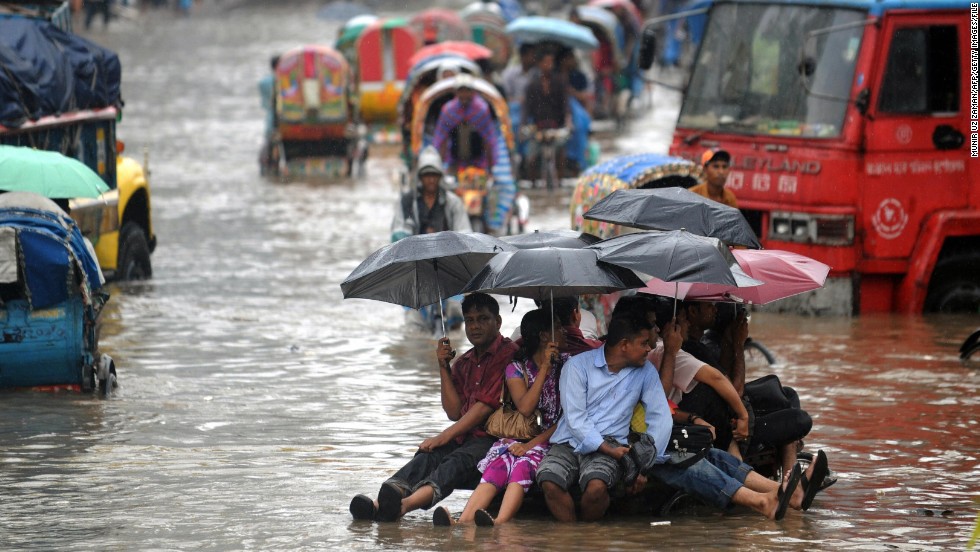The year 2017 is on track to set a record for losses from natural disasters, many of them climate-related. Much of that damage is not insured, creating a “global protection gap,” that is rapidly widening, “especially for the poor and vulnerable countries,” says Peter Hoeppe, the chairman of the Munich Climate Insurance Initiative.
New financial mechanisms that aim to bridge that gap were on display at the COP23 climate talks in Bonn. The Munich project’s Livelihood Protection Policy is a weather-index based insurance product that targets vulnerable low-income communities. It pays out to policyholders when they are hit by hurricanes and tropical storms.
InsuRelience aims to insure an additional 400 million poor and vulnerable people in developing countries against the effects of climate change by 2020 (in 2015, only 100 million were insured against climate risk). The $550 million G7 initiative is part of a wave of financial innovations intended to catalyze capital towards climate solutions and other Sustainable Development Goals (see, “Here come the SDG Unicorns).
The trick, we wrote in ImpactAlpha in July, “is to wrap sometimes-complex underlying projects in the kind of standardized, easy-to-execute and low-cost solutions that the capital markets want.” The UNFCCC has set up a clearinghouse of information on insurance and risk-transfer.











